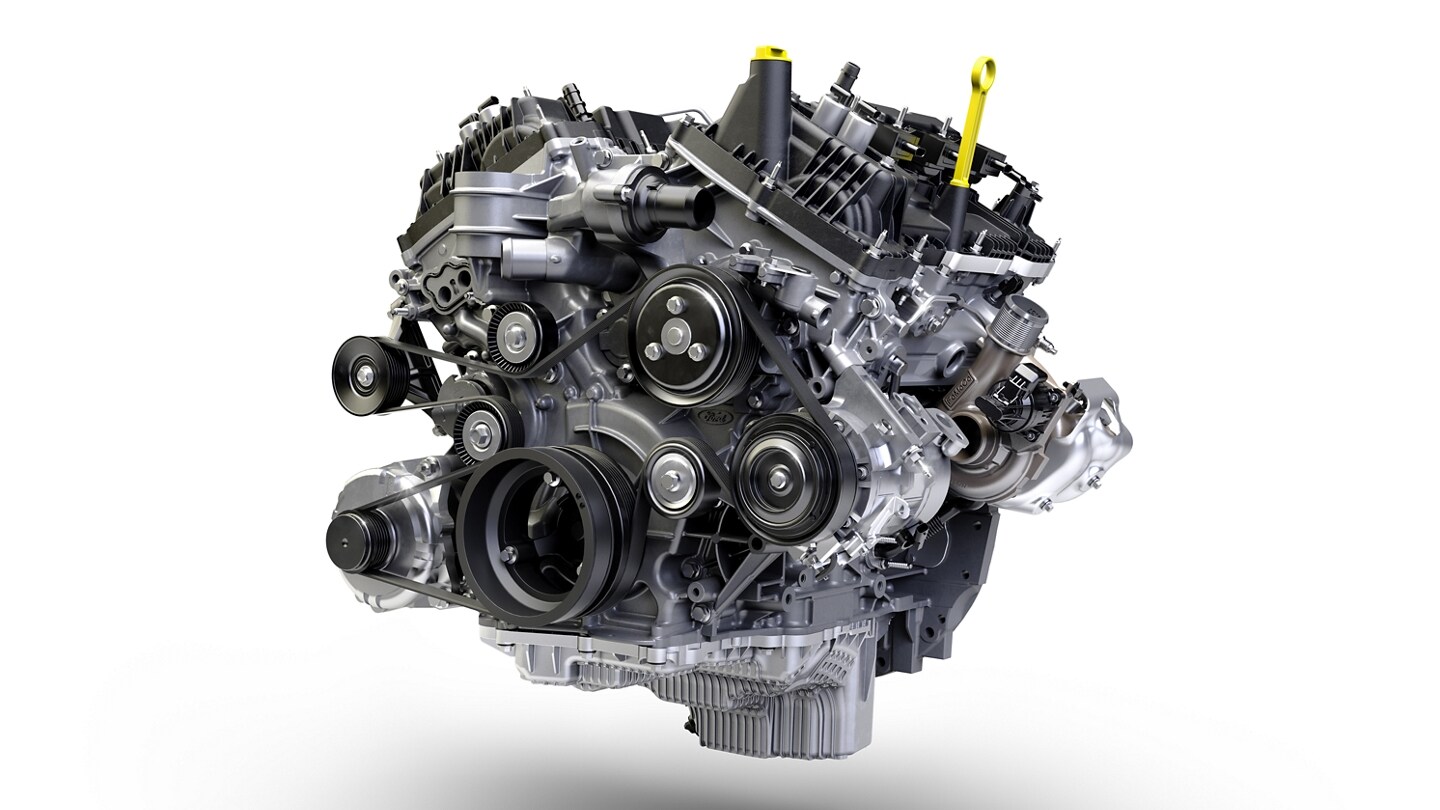What Makes an Auto Engine Run Efficiently: Top Tips for Optimum Care
The smooth operation of a vehicle engine is basic to both efficiency and durability, making optimum care an essential obligation for lorry proprietors. What specific steps should you prioritize to ensure your engine remains in peak condition?
Regular Oil Changes
One of one of the most essential aspects of vehicle maintenance is ensuring your engine gets normal oil changes. Engine oil lubes interior elements, minimizes friction, and aids preserve optimal operating temperature levels. In time, oil weakens because of warm, impurities, and the all-natural by-products of combustion, leading to reduced efficiency and prospective engine damage.
Most producers recommend altering the oil every 5,000 to 7,500 miles, but this period can vary based upon driving problems and oil kind. Artificial oils may enable for longer intervals in between changes. Regular oil changes not just boost engine efficiency but also enhance fuel performance, as tidy oil promotes smoother operation.
Overlooking oil adjustments can lead to sludge build-up, which hinders blood circulation and can lead to serious engine concerns. It is vital to check oil levels frequently and monitor for any unusual changes in color or consistency, which can indicate contamination or degradation.
.jpg)
Keeping Coolant Levels
Maintaining correct coolant levels is important for avoiding engine overheating and making sure optimal performance. The coolant, generally a blend of water and antifreeze, distributes via the engine, soaking up warm and preventing thermal stress. Not enough coolant can bring about increased engine temperatures, which may trigger severe damage or perhaps overall engine failing.
To preserve optimal coolant levels, routinely inspect the coolant reservoir, typically found in the engine bay. Make sure the coolant is filled up to the recommended mark, as shown in your automobile's proprietor handbook. It is a good idea to check the levels at the very least once a month or soon journeys, specifically during extreme weather condition problems.
If you notice that the coolant level is consistently reduced, there may be a leak in the cooling system, which should be addressed quickly to avoid further difficulties. 2.2 ford ranger engine. Furthermore, flushing the coolant system every a couple of years can help get rid of any gathered debris and make sure efficient heat exchange
Checking Air Filters

It is advised to examine the air filter every 12,000 to 15,000 miles, or much more frequently if driving in messy or negative problems. An easy aesthetic inspection can often expose whether the filter is unclean or harmed. It should be replaced quickly. if the filter appears discolored or has visible dirt buildup.
Utilizing a high-quality air filter created for your particular Learn More Here vehicle model can additionally enhance engine performance. Additionally, some automobiles may profit from recyclable filters that can be cleaned and reinstalled, supplying a ecologically pleasant and cost-effective choice.
Inspecting Spark Plugs
Flicker plugs are essential parts of a vehicle's ignition system, straight influencing engine efficiency and performance. They create the spark that sparks the air-fuel mixture in the burning chamber, assisting in the engine's power generation. Routine examination of ignition system is essential for maintaining ideal engine function and stopping potential concerns.
Throughout an assessment, look for indications of wear or damages, such as fractures, carbon buildup, or excessive space widening. A healthy and balanced spark plug typically exhibits a light brown or tan color. Dark soot or oil down payments can show inappropriate combustion, while a raw or white look may recommend overheating. Both problems require prompt interest to stop additional engine damages.
It's a good idea to inspect stimulate plugs every 30,000 miles, or as advised in your lorry's owner manual. Additionally, consider replacing them according to the supplier's guidelines, as used or old ignition system can result in misfires, minimized gas efficiency, and increased discharges.
Surveillance Tire Pressure
Ensuring proper tire stress is an important element of automobile safety and performance. Under-inflated tires can lead to lowered gas efficiency, increased tire wear, and jeopardized handling. Alternatively, over-inflated tires can reduce grip and enhance the danger of blowouts. Regular monitoring of tire pressure is important for optimum vehicle operation.
Tire pressure must be inspected at the very least once a month and soon journeys. Utilize a dependable tire stress scale to measure the pressure when the tires are cool, preferably before the vehicle has actually been driven for site here at the very least three hours. Refer to the car's proprietor guidebook or the placard situated on the motorist's side door jamb for the maker's suggested pressure levels.
It is crucial to keep in mind that tire stress can vary with modifications in temperature; a decline of 10 ° F can result in a 1-2 psi decrease in pressure. Furthermore, aesthetically check tires for any signs of wear or damage throughout your surveillance routine. Preserving appropriate tire stress not just enhances automobile safety and security but also improves fuel effectiveness and prolongs tire life, ultimately adding to a smoother engine performance.
Verdict
To conclude, websites preserving a vehicle engine's smooth procedure requires thorough interest to a number of crucial aspects. Regular oil adjustments, correct coolant degrees, clean air filters, well-kept trigger plugs, and optimal tire stress jointly add to boosted efficiency and longevity. Sticking to these maintenance methods not just enhances fuel effectiveness but also advertises a much safer driving experience. Ultimately, a proactive method to engine treatment is essential for making sure dependability and functionality with time. 2.2 ford ranger engine.
One of the most essential aspects of automobile upkeep is guaranteeing your engine gets regular oil adjustments. Engine oil lubes internal elements, minimizes friction, and aids maintain optimum operating temperatures. Normal oil adjustments not just boost engine efficiency yet likewise boost gas performance, as clean oil promotes smoother operation.
Not enough coolant can lead to boosted engine temperatures, which may cause severe damage or even total engine failure.
